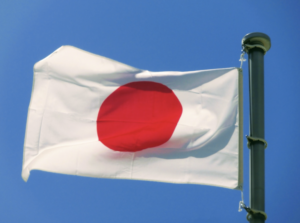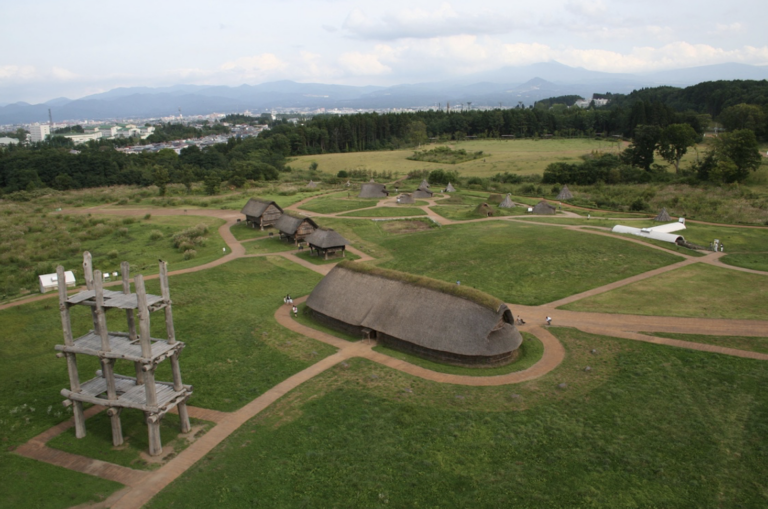The Japanese national anthem is a love letter. Is there any other country besides Japan like this?
The Japanese national anthem is called “Kimi ga yo”. You may have heard it at soccer matches and the Olympics, and so on, but it is characterized by being a much shorter and quieter tune than other countries’ anthems.
Did you know that this song was originally a love letter?
The lyrics to Kimi ga yo:
君が代は (kimi ga yo wa)
May your reign
千代に八千代に (chiyo ni hachiyo ni)
Continue for a thousand, eight thousand generations,
さざれ石の (sazare-ishi no)
Until the tiny pebbles
巌(いわお)となりて (iwao to narite)
Grow into massive boulders
苔(こけ)のむすまで (koke no musu made)
Lush with moss
非常にわかりにくいので、現代語訳します。
Since it is difficult to understand, here is a modern interpretation of it:
君(天皇)の時代は
Your Imperial Majesty’s reign
長く、末永く
Is long and lasting
小さな石が重なって、
Stones will stack on top of one another
大きな石となって、
And become large rocks
その上に苔が生えるまで続きますように
May it continue until moss grows on top of them
The lyrics of this song, which are derived from Japanese poetry (called “waka”), are intended to pray that Japan, which has always been centered around the emperor, will continue to exist in peace forever. The Kokin Wakashu, a collection of poems compiled in the 10th century, contains this poem:
我が君は (wa ga kimi wa)
千代に八千代に (chiyo ni yachiyo ni)
さざれ石の (sazare ishi no)
巌(いわお)となりて (iwao to narite)
苔(こけ)のむすまで (koe no musu made)
The first line has been changed from “Wa ga kimi wa” to “Kimi ga yo”, thereby making the national anthem. “Wa ga kimi wa” means, “You, whom I love.”
A modern translation is:
I love you and may your life last forever.
It truly is a love letter. However, there is more to this love letter-like song than it seems.
The first male deity born in Japanese mythology is called Izanaki, and the first female deity is called Izanami, so “ki” refers to male and “mi” to female.
When interpreted in this way, the words are a prayer for the eternal life of everyone living in Japan, men and women alike.
There are other theories that the Japanese national anthem, “Kimi ga yo”, obtains its lyrics from the ancient Hebrew language, but we still don’t know exactly what it is. However, isn’t it more beautiful to think of it as a love letter that was turned into a national anthem?
ABE KENGO








